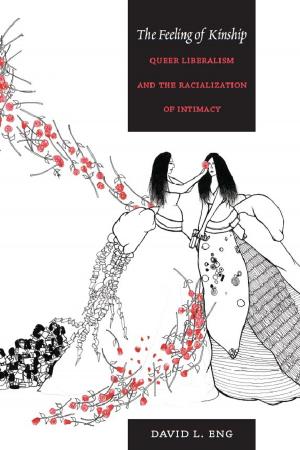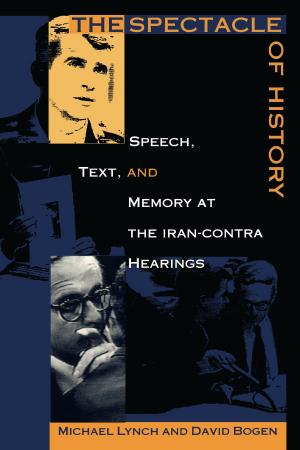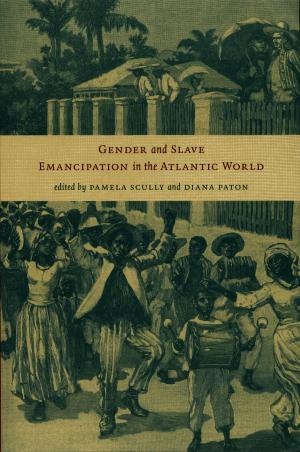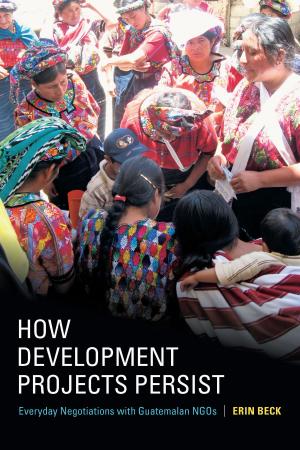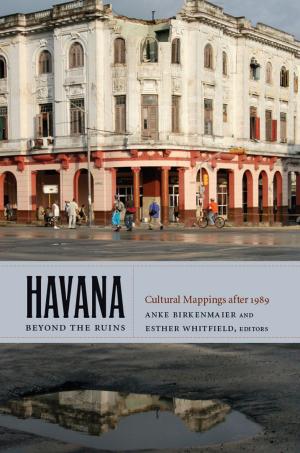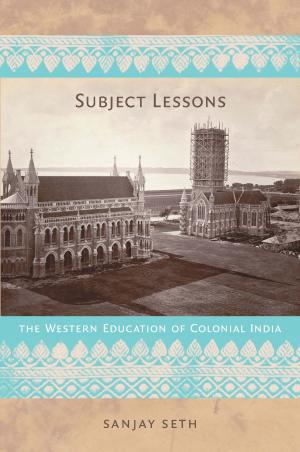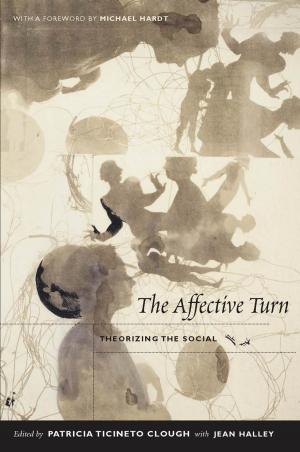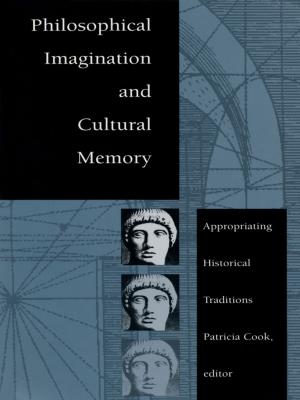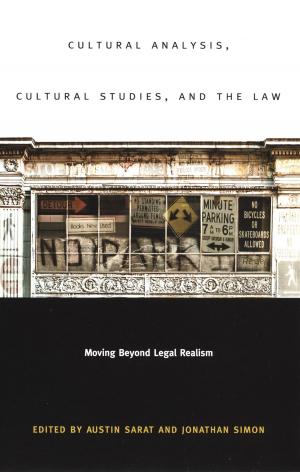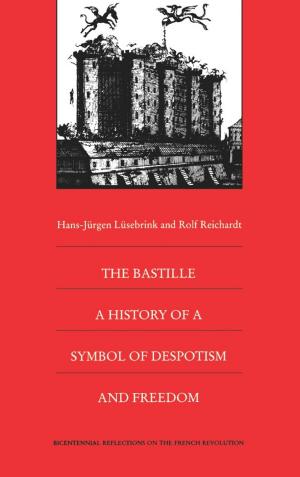| Author: | Yasmin Saikia | ISBN: | 9780822386162 |
| Publisher: | Duke University Press | Publication: | November 9, 2004 |
| Imprint: | Duke University Press Books | Language: | English |
| Author: | Yasmin Saikia |
| ISBN: | 9780822386162 |
| Publisher: | Duke University Press |
| Publication: | November 9, 2004 |
| Imprint: | Duke University Press Books |
| Language: | English |
Fragmented Memories is a beautifully rendered exploration of how, during the 1990s, socially and economically marginalized people in the northeastern Indian state of Assam sought to produce a past on which to base a distinctive contemporary identity recognized within late-twentieth-century India. Yasmin Saikia describes how groups of Assamese identified themselves as Tai-Ahom—a people with a glorious past stretching back to the invasion of what is now Assam by Ahom warriors in the thirteenth century. In her account of the 1990s Tai-Ahom identity movement, Saikia considers the problem of competing identities in India, the significance of place and culture, and the outcome of the memory-building project of the Tai-Ahom.
Assamese herself, Saikia lived in several different Tai-Ahom villages between 1994 and 1996. She spoke with political activists, intellectuals, militant leaders, shamans, and students and observed and participated in Tai-Ahom religious, social, and political events. She read Tai-Ahom sacred texts and did archival research—looking at colonial documents and government reports—in Calcutta, New Delhi, and London. In Fragmented Memories, Saikia reveals the different narratives relating to the Tai-Ahom as told by the postcolonial Indian government, British colonists, and various texts reaching back to the thirteenth century. She shows how Tai-Ahom identity is practiced in Assam and also in Thailand. Revealing how the “dead” history of Tai-Ahom has been transformed into living memory to demand rights of citizenship, Fragmented Memories is a landmark history told from the periphery of the Indian nation.
Fragmented Memories is a beautifully rendered exploration of how, during the 1990s, socially and economically marginalized people in the northeastern Indian state of Assam sought to produce a past on which to base a distinctive contemporary identity recognized within late-twentieth-century India. Yasmin Saikia describes how groups of Assamese identified themselves as Tai-Ahom—a people with a glorious past stretching back to the invasion of what is now Assam by Ahom warriors in the thirteenth century. In her account of the 1990s Tai-Ahom identity movement, Saikia considers the problem of competing identities in India, the significance of place and culture, and the outcome of the memory-building project of the Tai-Ahom.
Assamese herself, Saikia lived in several different Tai-Ahom villages between 1994 and 1996. She spoke with political activists, intellectuals, militant leaders, shamans, and students and observed and participated in Tai-Ahom religious, social, and political events. She read Tai-Ahom sacred texts and did archival research—looking at colonial documents and government reports—in Calcutta, New Delhi, and London. In Fragmented Memories, Saikia reveals the different narratives relating to the Tai-Ahom as told by the postcolonial Indian government, British colonists, and various texts reaching back to the thirteenth century. She shows how Tai-Ahom identity is practiced in Assam and also in Thailand. Revealing how the “dead” history of Tai-Ahom has been transformed into living memory to demand rights of citizenship, Fragmented Memories is a landmark history told from the periphery of the Indian nation.

